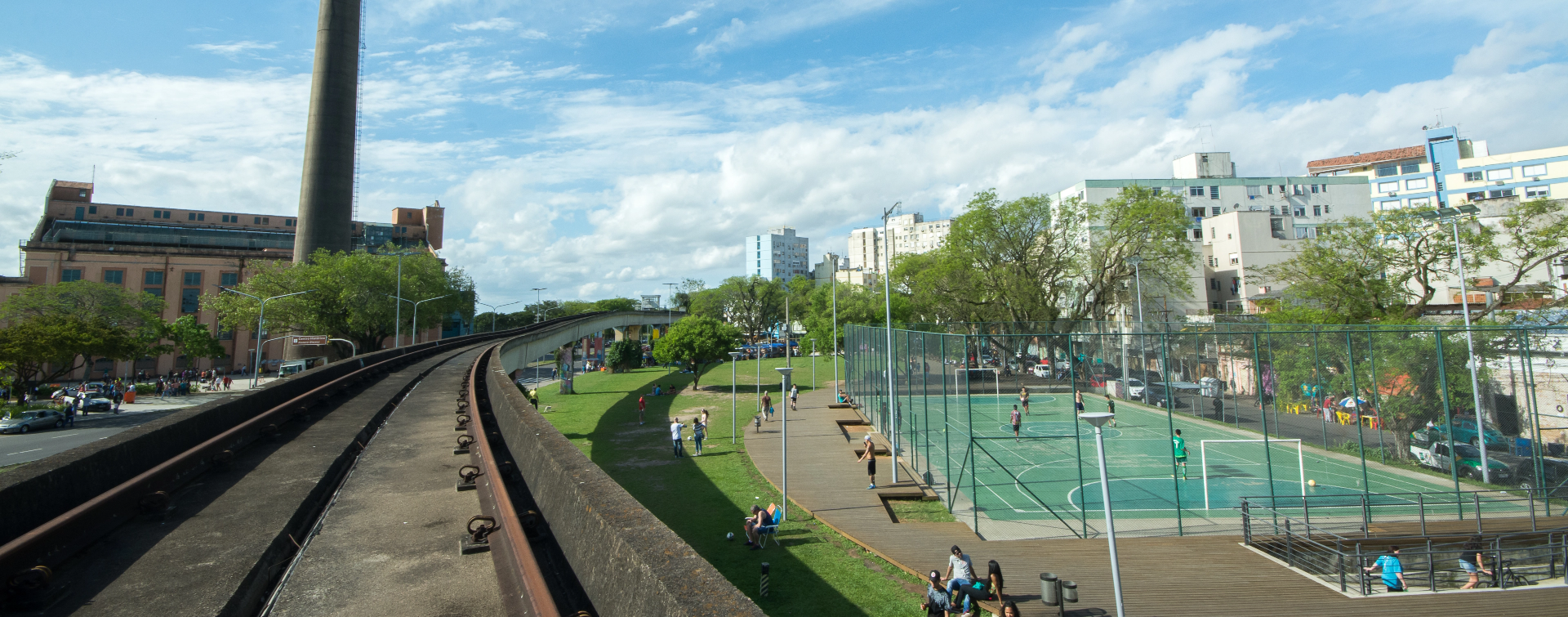Cities are nuclei of economic development, and they contain a significant part of opportunities for work, education, public and private services and spaces for culture and leisure. In 2018, for the first time in history, the world’s population became mostly urban. If, on the one hand, 80% of global economic activity is generated in urban areas, on the other hand, despite occupying only 3% of the Earth’s surface, they already consume two thirds of all energy produced on the planet, and are responsible for most of atmospheric emissions (more than 70% of carbon emissions). Residential and professional buildings, shopping malls, passenger vehicles and the increasing use of air conditioning consume a large amount of energy, with significant levels of CO2 emissions.
The most recent sustainable development agendas, agreements and climate conventions, such as the 2030 agenda of the United Nations (UN) for sustainable development and the Paris Agreement, set audacious goals and represent the commitment of nations, states and cities around the world in favor of reducing greenhouse gas emissions and their impacts on people’s lives and on the planet.
This scenario highlights the growing relevance of cities in the social, political, economic and environmental contexts, making clear the strategic importance of rethinking the urban space, with greater efficiency and rationality.
In recent decades, the focus of urban planning has turned to citizens and their well-being.
To accelerate the transition to sustainable development, it is necessary to generate and distribute the opportunities and benefits that come with urbanization, offering quality of life to all people who live and develop their activities in this environment.
The redefinition of public areas for greater and better movement of people is one of the current global trends, evidenced by the COVID-19 pandemic. As a result, we are forced to rethink public transport and mobility systems.

Transport is the backbone of the economy and one of the pillars of an inclusive, sustainable and smart city. The reformulation of urban infrastructure and the feasibility of means of transport that are more consistent with this new way of thinking are increasingly necessary and urgent. The implementation of better mobility models can generate direct impacts on the economy, contributing to social rebalancing and fostering inclusive, connected and accessible cities. The decarbonization of modes and greater agility in the displacement process – given that, in many cities around the world, it is common for people to spend several hours a day moving between their homes and their workplaces – are some of the goals for the cities of today. The transformation of urban environments gives cities the opportunity to restructure their Transport and Mobility Systems, providing more comfort, safety and quality of life for citizens. Integrated and decarbonized mobility ecosystems, which enable scheduled, faster, cheaper and more efficient trips, configure the agenda of the new era of cities. To respond to today’s challenges, what has been done to date is insufficient. It is necessary to innovate and break paradigms to find solutions that bring quality of life, integration, equity and sustainability in cities and urban centers. At a time when cities are looking for technological innovations to advance in the complex issue of transport and mobility, urban integration and the reduction of pollutant emissions, the Aeromovel System, an innovative technology, due to its exclusive operating principle, as well as its differentials and features, is fully adherent to the current concept of zero carbon mobility, an asset of inclusive, smart and sustainable cities.